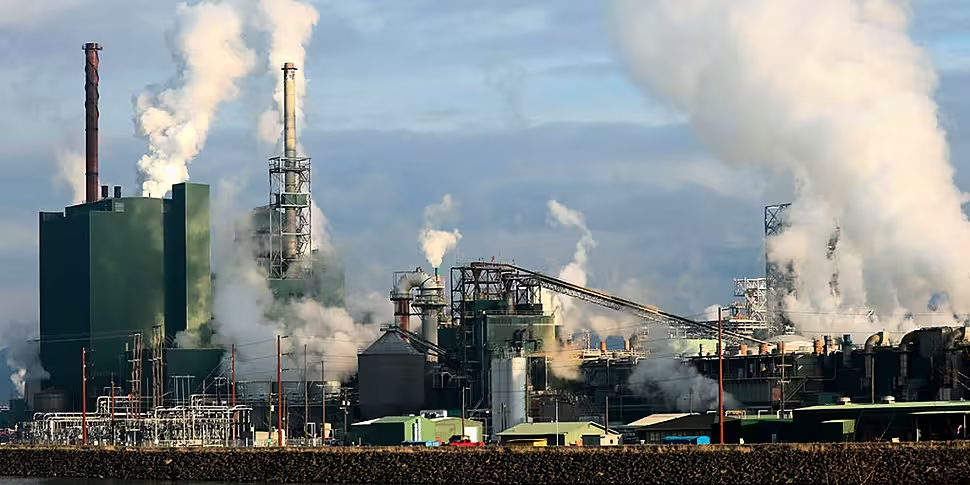A major new report has found that, over the next ten years, governments are planning to produce between 50% and 120% more fossil fuels than can be burned while meeting the goals of the Paris Climate Agreement.
The Paris agreement aims to limit the increase in global temperatures to 1.5C or, failing that, well-below 2C.
The Production Gap report, published by the UN Environment Programme, is the first to compare international government’s fossil fuel extraction plans with their stated emission-reduction goals.
It finds that the fuel countries are planning to produce in the next ten years will lead to the emission of 39 billion gigatons of carbon dioxide.
That is 53% more than can be burned if temperature rises are to be limited to 2C and 120% more than would be consistent with a 1.5C rise.
The report warns that the gap between emissions pledges and production plans “widens significantly” if the extra decade running to 2040 is taken into account.
It notes that the production gap is largest when it comes to coal – with countries planning to produce 280% more than can be allowed if the temperature rise is to be kept below 1.5C.
With oil and gas also set to smash through allowable targets, the report warns that countries are “locking in” fossil fuel use by continuously investing in infrastructure and subsidising the industry.
It notes that governments are supporting the expansion of the fossil fuel industry by permitting exploration, investing in the industry, subsidising the industry and taking on assumed liability and risk.
The authors point to several countries that are taking steps by bringing in full or partial bans on fossil fuel exploration and extraction.
They said Belize, Costa Rica, France, Denmark, and New Zealand have introduced limits on oil and gas, while Germany and Spain are phasing out coal extraction.
They are calling on Governments around the world to reform their subsidy approach and examine bans on new extraction permits.
They also point to the need for adequate just transition plans and measures to enhance reporting of national fossil fuel production and targets.
Ireland has put in place a ban on further oil and gas exploration; however, the Government has blocked legislation that would have kept all Irish fossil fuel reserves in the ground.









